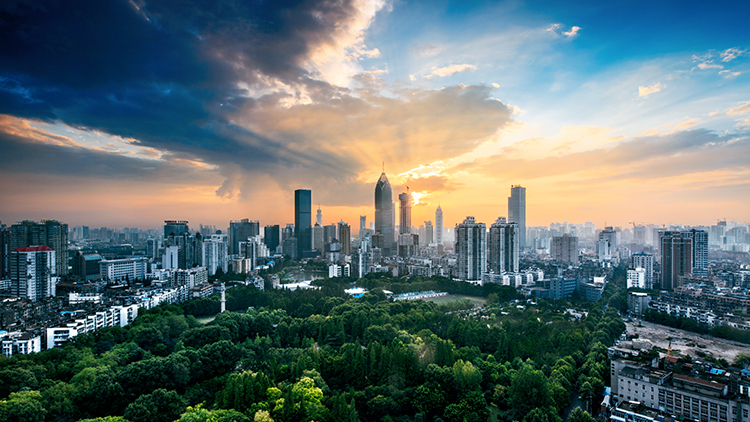As China continues to emerge into the 21st century at a break-neck pace, its evolutions change like many other modernizing regions.
As a country with a deep 5000 year history, the younger generations simultaneously push the envelope in developing new experiences, perspectives, and identities.
Since growing up in Canada, and hearing more recent perspectives of China from the West, one would think that China is living in the dark ages where “uncles” (men that tend to be the age of your father or older) still drive to work in rickshaws while the drivers wear straw hats. But after living in China for over a year, I will say that while the rickshaw tradition does exist in more ancient cities, they are more-so as a cultural relic. Thus, these dated depictions represent a fraction, not faction.
For example, after teaching over 300 high school students, I can tell you that some youth in China that are from more affluent families have been exposed and understand divergent thinking*. With these youth, I have been a part of conversations around identity, trade wars, Sino-Japanese relations, marketing, and sexual identity and much more. But these conversations are more than just private within a particular class of Chinese people. The side about China that we hear less about is active, though as I said, it is still relatively quiet.
On the topic of sexual orientation in China, it is said that the Pride movement more formally began in Shanghai in 2009, and it continues to grow strong today as the first ever publicly supported pride event in mainland China.
Beyond this, there are safe spaces appearing in some international high schools, where all people, regardless of background or identity, are welcomed and supported.
In Ontario, I know safe spaces became supported by Ontario government in 2012, according to Bill 13, also known as the “Accepting Schools Act” (source)**. But in practice, the acceptance of the “accepting schools act” didn’t go as smoothly as planned. According to a scholar on gay-straight alliances in Ontario, “Catholic school boards need to clean up their act in order to provide safe and supportive educational environments for LGBTQ youth” (Dr. Lapointe). So perhaps the above information problematizes the otherization of China, as the world is still in a growing phase of acceptance, love, and understanding.
Just yesterday I went to what I would call, a display of love and acceptance in the heart of Wuhan, Hubei. But first, for some context…Wuhan is a city in the centre-east end of China that surrounds the famous Yangtze River. Once a farming city, now a metropolis, Wuhan still stands as a more traditional Chinese city against the likes of Shanghai. Nonetheless, as a city with over 300 educational institutions with a booming business economy, Wuhan is “different everyday” (the city’s slogan) somewhat thanks to its progressive internationalization which is in part due to the influx of international students.


As for the event I attended, it was at the famous dance bar named “Wuhan Prison” and it was aptly named “Gaydar”, “the third opus…not just a party, we aim to give a platform for tolerance and understanding”.

With my past ignorance about China, I would have never imagined that such an event would be in such a large and largely conservative city. However, the bar was packed!

While there were seemed to be hints of shock value and entertainment through otherism in the night, the fact that Wuhan, China had this event made me thrilled. Since being in China, I have had a number of friends disclosing to me about a number of different experiences from sexual orientation to gender fluidity. While there is a trend of people being closeted, there are also small groups and communities that are very open and accepting which are growing and becoming more known.
Considering China was a dynasty before 1949, followed by the ruling of a conservative revolutionary, I would argue that to an extent, China’s rate of acceptance is much faster than some of its Western counterparts. It’s a bold argument, but do the math. For instance, Canada has been around for 150 years, and while I was a child in London, Ontario, the Pride Parade was unconstitutionally banned by the mayor of my city. Whereas China, a country of 70 years with a 5000 year old conservative history, openly has Pride runs and celebrations in Shanghai.
So although the world has much to learn and grow in terms of acceptance of love and understanding, I hope we can also celebrate the small wins.
* Yes, there seems to be an association between education and affluence and broader perspectives.
**The Legislative Assembly of Ontario: “(2) For greater certainty, neither the board nor the principal shall refuse to allow a pupil to use the name gay-straight alliance or a similar name for an organization described in clause (1) (d).”
